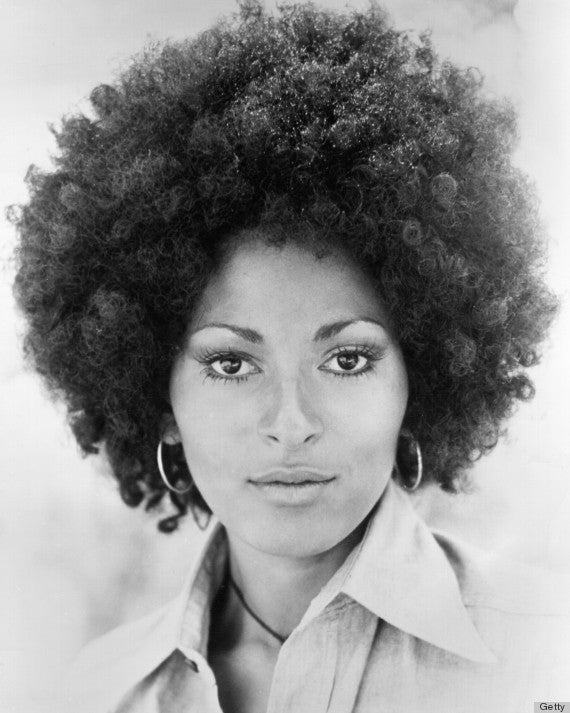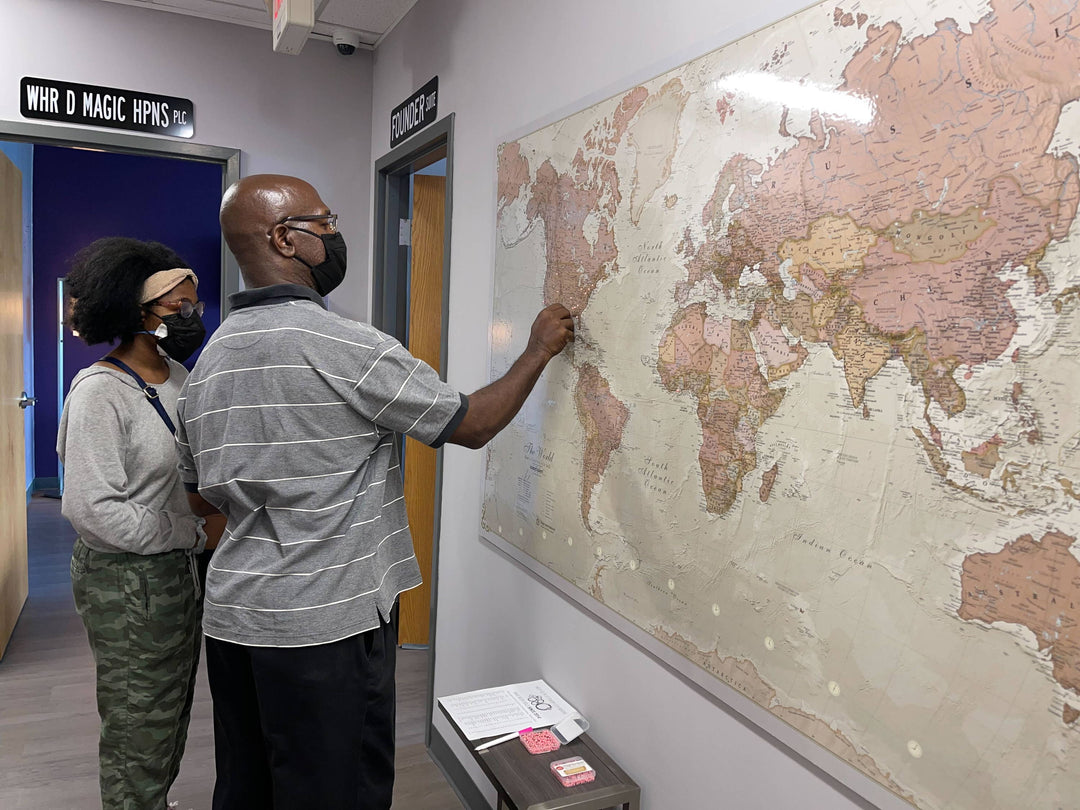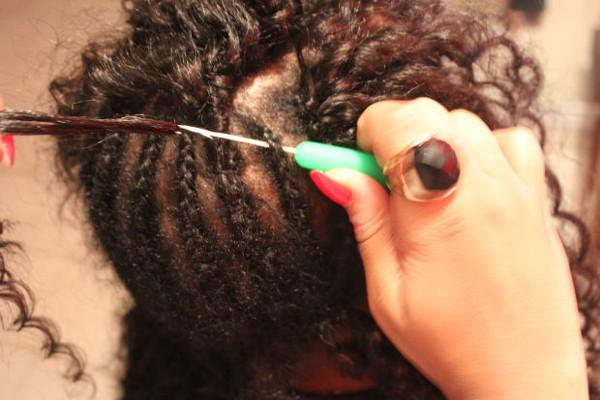How far are you willing to travel for a hair appointment? Across town, an hour, two hours, a flight across the country? For our curlfriends who do not live in diverse or metropolitan areas, finding a stylist or salon capable of working with curly, thick, or natural textures can be a frustrating and fruitless experience. Referred to as a “hair desert”, this phenomenon doubly affects Black individuals who are turned away based on their race due to improper or a complete lack of education that results in the generalization that all “black hair” is problematic.
Hair deserts are shockingly common across this great country of ours. We polled our curlfriends on Instagram, and over 30% of people who voted said they travel three hours or more —some even fly! — to see a stylist capable of rendering even the most basic of services to their hair. In these cases, it’s common for family members to do each other’s hair or for individuals to reference tutorial videos. These methods are not an option for those who move away from family or those with physical limitations. TikTok user @brainlesscatenby demonstrated this struggle in a video where she called 23 salons in her hometown, none of which accepted her as a client due to her 4c textured hair.
Our ambassador Cocabrowncurlsxo even chimed in on the conversation, saying, “I traveled from ATL to Cali for a hair appointment when I first started rocking my natural curls.”
For those who are able to book an appointment successfully, there is a fear that most salons don’t know what they’re doing with curls. “I don’t like going to salons” states PuffCuff team member Natasha, “because I often feel that they don’t have the knowledge or know-how when it comes to handling or cutting curly hair.”
So what is the root cause of hair deserts? The curriculum in cosmetology school is to blame, which almost entirely focuses on straight hair (we talk more about this in our blog post “Do Cosmetology Schools Teach Curly Hair Care”.) What little education students receive on curly and natural hair is glossed over, not tested on, and often taught by educators who are not familiar with textured hair. This results in stylists being ill-equipped to service those with curly hair, who make up 65% of the world’s population, further feeding into the incorrect notion that curly and natural hair is “hard” to work with.
This lack of education trickles down to the brands and organizations both within and outside the beauty industry, who make decisions based on antiquated assumptions of curly hair. We’re sure you’re familiar with investors and brands turning their nose up at the curly hair market, completely ignoring the market’s needs. This very attitude caused a resurgence in the natural hair movement in the 2000s and the creation of curly hair brands and products like the PuffCuff as an answer to the needs of curly-haired individuals being ignored time and time again. It’s time for the industry to be as inclusive as it touts itself to be by listening to the market and educating ourselves to match the ever-diversifying culture that we live in today.












Leave a comment